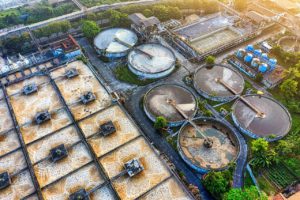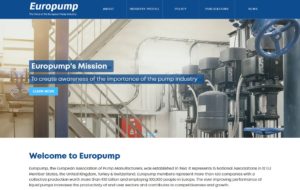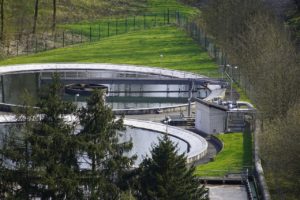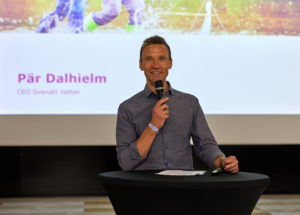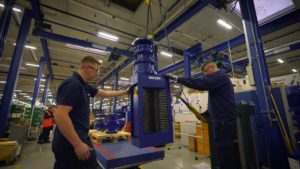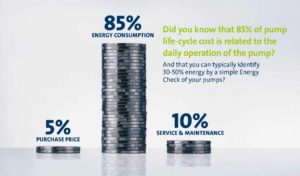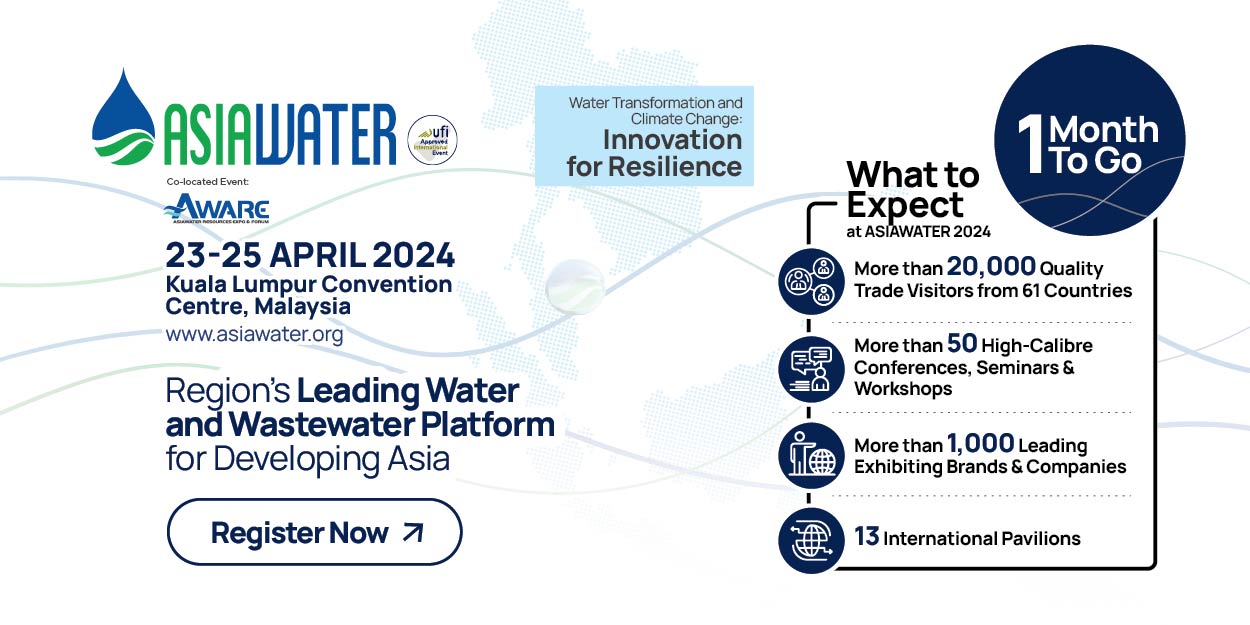Urban Waste Water Treatment Directive
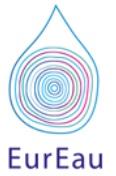
Image source: EurEau
This lynchpin piece of European legislation concerns the collection, treatment and return to the environment of waste water coming from our homes and business.
The UWWTD is long overdue an overhaul. In the 30 years since the last iteration, they are facing a growing number of important challenges: micropollutants, greater expectations from consumers for increased environmental standards of environmental standards, and rising energy and chemical costs.
Their key messages for EU policy makers include:
- Making source control the key principle for management of the whole water cycle, including waste water management.
- Promoting measures towards climate change adaptation and mitigation.
- Enhancing the potentials of circular economy, particularly phosphorus, energy and water reuse.
- Ensuring that remaining pollution sources are addressed according to their local priorities so that sustainable financing of waste water utilities and full cost recovery are secured, supporting the affordability of water services
- Adopting a holistic approach to micropollutants starting from control-at-source measures and implementing EPR for end-of-pipe measures in hot spots.
- Exploring sustainable solutions to address combined sewer overflows, road-run off and issues regarding Individual and Appropriate Systems.
Eur Eau are meeting these challenges with optimism. They expect that the Commission will include more robust measures to include control-at-source measures in the proposal. If control-at-source measures are better used, as they are meant to be, our contribution to the circular economy will increase significantly through reducing the amount of micropollutants that enter our waste water treatment plants (WWTP), and increasing the usability of fertilisers and soil-improvers.
WWTP can also better harness their potential to become energy factories. The by-products of WWTP can be used to produce an endless supply of green energy.
Source: EurEau

